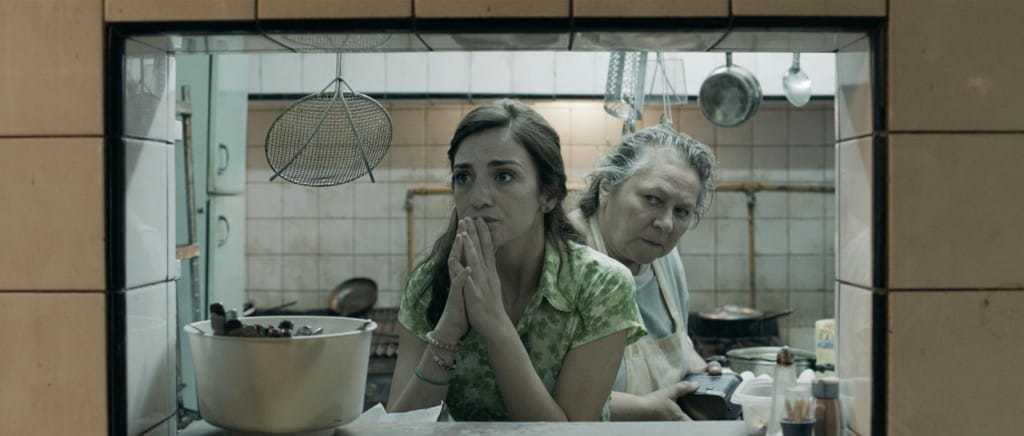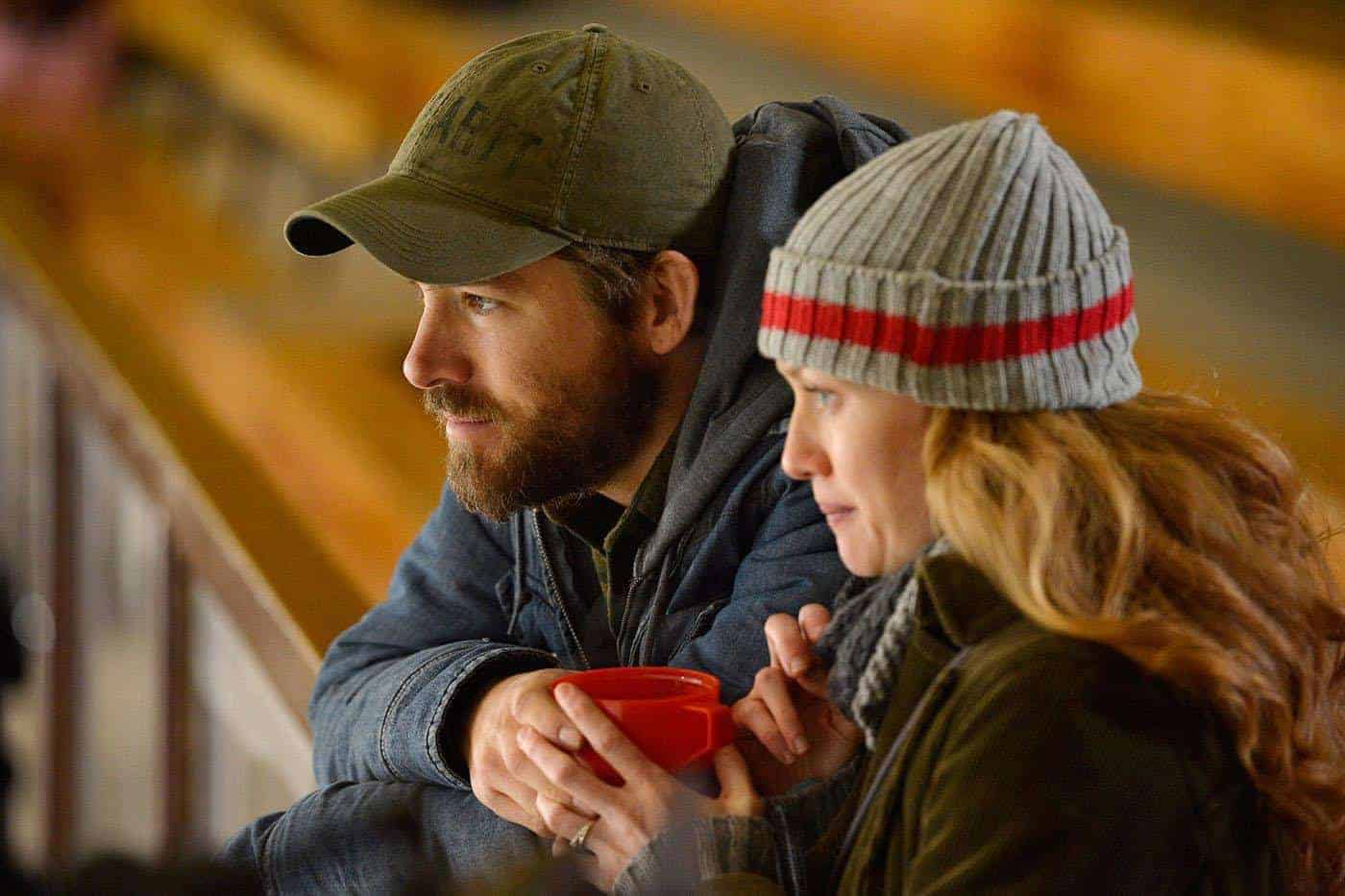
After this review of Wild Tales, read our coverage of the Cannes film festival.
Argentinian Director Damian Szifron’s Wild Tales, an uneven series of short, darkly comedic films, slyly woos you in with a perfect, taut beginning: an uproariously funny tale of a strange coincidental encounter. A model gets on a plane and finds herself sitting across the aisle from a music critic. Before too long, they discover that they both know the infamous Pasternak: she used to date him and the critic crushed his dreams by tearing apart his thesis. Suddenly, more people pop up that also know the incompetent Pasternak, sharing tales of his stupidity, in a hilarious seeming coincidence. The bright lights and colours on the plane, not unlike producer Pedro Almadovar’s, “I’m So Excited!”, invite you into an aburd light-hearted story before unexpectedly turning dark.
It sets the tone for a film about the humourous savageness and absurdity of the human condition, told in a laugh-a-minute style. It’s misleading. The second story is the closest in tone and style. On a stormy night, a despicable man goes to a remote diner, lit in greens and reds, for a meal, unaware of the fact that he’s done incredible harm to the waitress in her past. The cook tries to persuade her to take revenge with rat poison, especially once they discover he’s running for office. It’s as dark and almost as funny as the first tale, and it’s the last great one before things take a turn for the worse.

From here, the tone and pacing diverge. The third story slows down a bit, preparing us for the much slower two to follow, but the utterly despicable men involved make it hard to care too deeply about their mutual attempts at giving the other his comeuppance. The setting, at least, is stunning, with wide shots of the mountains in the desert, as the camera follows the men on the road, zigging and zagging in unexpected turns, but the story is by far the weakest. Things get off to a start when a man in a jalopy drives down an empty road, blocking a man in a posh car from overtaking him. Before long, they’re at each other’s throats: two bastards behaving like children. It got a lot of laughs, but I was largely unimpressed by the gruesome humour and the story of people who just can’t leave things alone.
Szifron then switches gears to tackle the exasperating ludicrousness of government and judicial corruption, the former more successfully than the latter. More satire than farce, these don’t fit well with the previous shorts. The first of these is the best, and stars, since this is an Argentinian film after all, Ricardo Darín, as Simon Fisher, an explosives engineer who undeservingly gets his car towed. It probably could have been resolved more quickly had he taken a photo of where he was parked, clearly showing that it was not marked as a no parking zone. Instead, Simon gets funneled through the infuriating on a quest to right the wrong. It’s a fine, well-constructed story, but it feels like it belongs in another movie.
The second tale of corruption, the thinnest and most laborious of the lot, involves a rich man trying to get a poor man to take the blame for his son’s hit-and-run, making use of the corrupt judicial system, until those involved start extorting too much money from him. It’s just very low on laughs, and high on the eye-roll-inducing scale.
The film finishes up with a story almost as wickedly funny as the first, about a Jewish bride who, on her wedding day, discovers her husband’s infidelity, and plots to make his life a living hell until he divorces her. It’s a bit of choppy story, but its raw humour, as the bride gets increasingly crazed and her wedding dress increasingly disheveled, make it a solid finish. It’s just fun enough to make you leave the film on a positive note, despite a seriously sagging middle. Wild Tales is an inventively shot crowd-pleaser, but it could stand to lose the fifth short.

